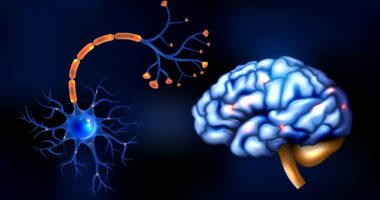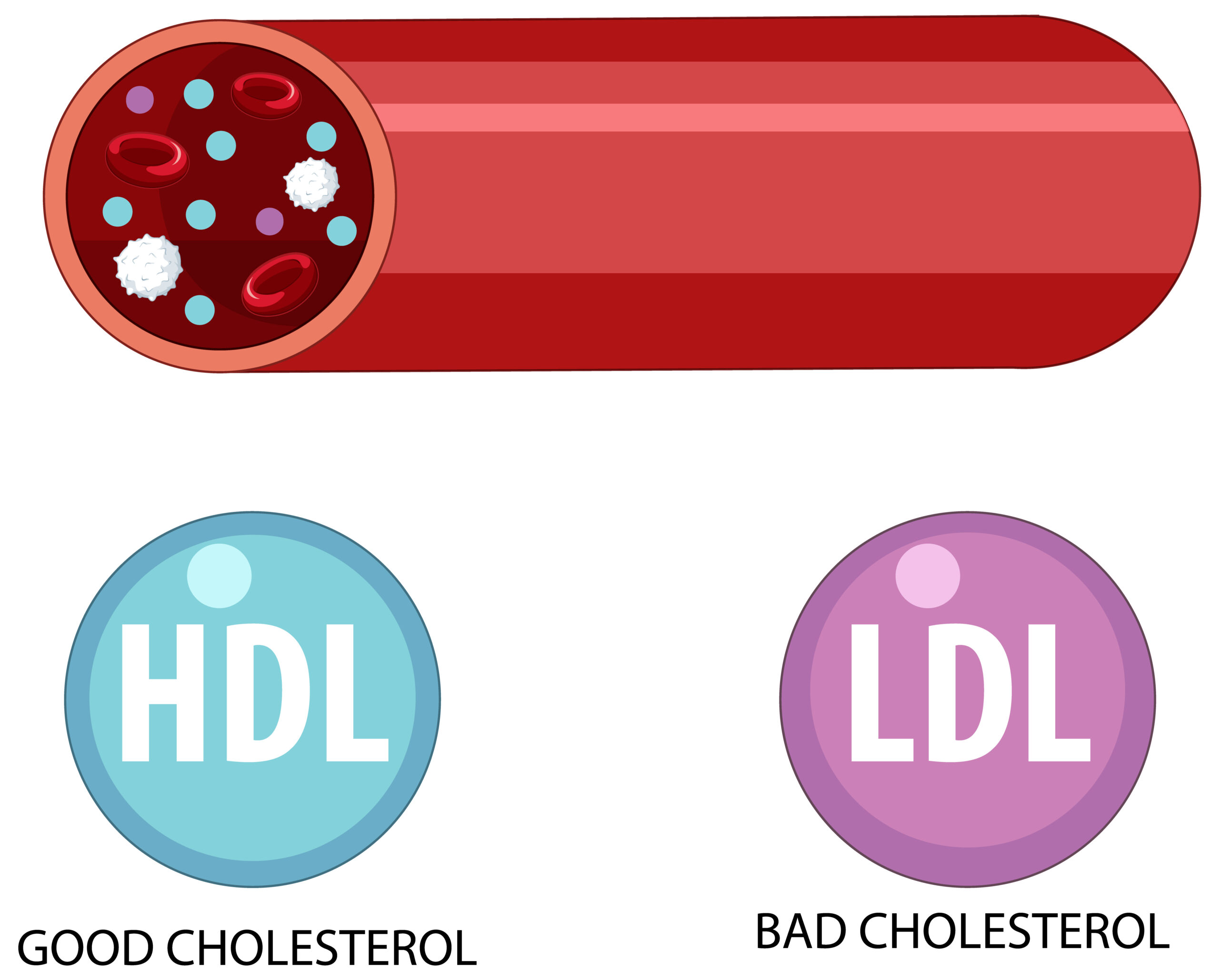Ringing in the ears, also known as tinnitus, is a common condition that affects millions of people worldwide. It can range from a mild annoyance to a debilitating symptom, often making it difficult to concentrate, sleep, or enjoy everyday activities. If you’re dealing with the constant ringing or buzzing in your ears, you may be wondering how to stop it. While there is no one-size-fits-all solution, there are several effective ways to manage and even reduce the symptoms of tinnitus. In this blog, we’ll explore the causes of tinnitus and provide practical tips to help alleviate the ringing in your ears.
What Is Tinnitus?
Tinnitus refers to the perception of sound in the ears when no external sound is present. It can manifest as ringing, buzzing, hissing, or whistling noises. While tinnitus itself is not a disease, it is often a symptom of an underlying condition. The severity and duration of tinnitus vary from person to person, and in some cases, it can become a chronic issue that significantly impacts quality of life.
Common Causes of Tinnitus
Understanding the underlying causes of tinnitus can help you take the right steps to manage or stop it. Common causes of tinnitus include:
- Exposure to Loud Noises: Prolonged exposure to loud sounds, such as music, machinery, or construction work, can damage the delicate hair cells in the inner ear, leading to tinnitus.
- Ear Infections or Blockages: Infections or blockages from earwax, fluid, or foreign objects can disrupt normal ear function and trigger tinnitus.
- Age-Related Hearing Loss: As you age, the sensory cells in your ears gradually deteriorate, which can result in tinnitus.
- Underlying Health Conditions: Certain health issues, such as high blood pressure, diabetes, or thyroid problems, can contribute to tinnitus.
- Medications: Some medications, including aspirin, antibiotics, and chemotherapy drugs, are known to cause tinnitus as a side effect.
How to Stop Ringing in Ears: Practical Tips for Tinnitus Relief
While there is no cure for tinnitus, there are several ways to manage the symptoms and reduce the severity of ringing in your ears. Here are some effective methods to help stop or alleviate tinnitus:
1. Protect Your Ears from Loud Noises
One of the most common causes of tinnitus is exposure to loud sounds. To prevent further damage to your ears, it’s essential to protect your hearing. Wear earplugs or earmuffs when exposed to loud environments, such as concerts, construction sites, or during extended use of noisy equipment.
2. Manage Stress and Anxiety
Stress and anxiety can exacerbate tinnitus symptoms, making the ringing in your ears seem louder or more persistent. Practising relaxation techniques such as deep breathing, meditation, yoga, or progressive muscle relaxation can help reduce stress levels and ease tinnitus symptoms.
3. Consider Sound Therapy
Sound therapy is a popular method for managing tinnitus. This involves using external sounds to mask the ringing in your ears, making it less noticeable. White noise machines, fans, or soft music can help distract your mind from tinnitus. There are also specialized apps and devices that produce soothing sounds designed to reduce tinnitus.
4. Cognitive Behavioral Therapy (CBT)
Cognitive behavioural therapy is a form of talk therapy that can help change the way you think and respond to tinnitus. By learning coping strategies and relaxation techniques, CBT can reduce the emotional distress associated with tinnitus. This therapy has been shown to improve the quality of life for people with chronic tinnitus.
5. Use Hearing Aids
For individuals with tinnitus caused by hearing loss, hearing aids can be an effective solution. Hearing aids amplify external sounds, making the tinnitus less noticeable. Some modern hearing aids come with built-in sound therapy features, which can further help mask the ringing in the ears.
6. Address Underlying Health Issues
If your tinnitus is caused by an underlying health condition such as high blood pressure, diabetes, or an ear infection, treating the root cause can often reduce or eliminate the tinnitus. Be sure to consult with your healthcare provider to address any medical conditions that may be contributing to your symptoms.
7. Avoid Caffeine, Alcohol, and Nicotine
Certain substances, such as caffeine, alcohol, and nicotine, can worsen tinnitus symptoms. These substances can increase blood pressure or affect the circulation in your inner ear, making the ringing sound more pronounced. Reducing or eliminating these substances from your diet may provide relief for some people.
8. Try Supplements
Some studies suggest that certain supplements, like zinc, magnesium, and vitamin B12, may help reduce tinnitus symptoms. While the evidence is not conclusive, it’s worth discussing these options with your doctor to see if they may benefit you.
When to See a Doctor
If your tinnitus persists or worsens despite trying these methods, it’s essential to see a doctor. A healthcare professional can perform tests to determine the underlying cause of your tinnitus and recommend appropriate treatments. In some cases, further interventions, such as corticosteroid injections or sound therapy devices, may be necessary.
Conclusion
While tinnitus can be frustrating and challenging to live with, there are several ways to manage and reduce the symptoms. Protecting your ears from loud noises, managing stress, using sound therapy, and addressing underlying health conditions can all contribute to tinnitus relief. If you’re struggling with persistent ringing in your ears, consult a healthcare provider for personalized treatment options. With the right strategies, you can find relief and improve your quality of life.










